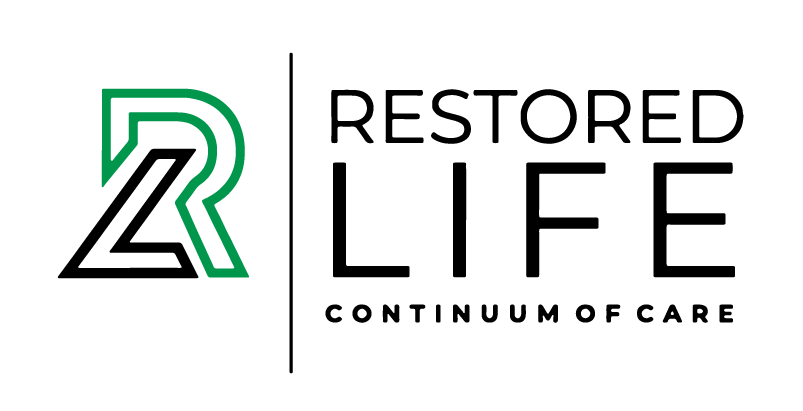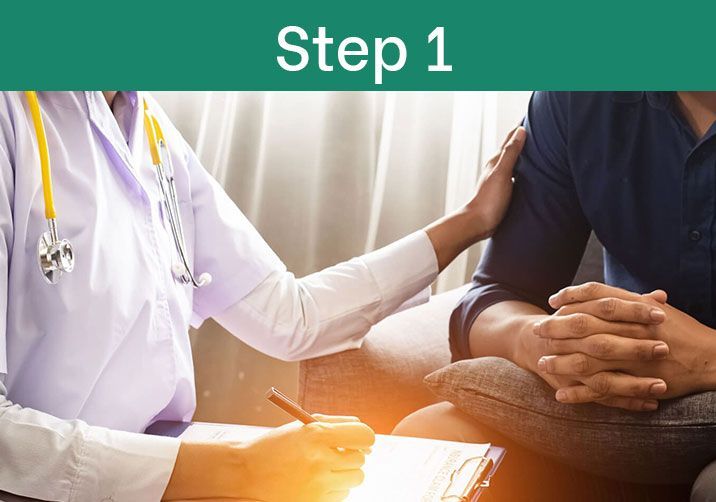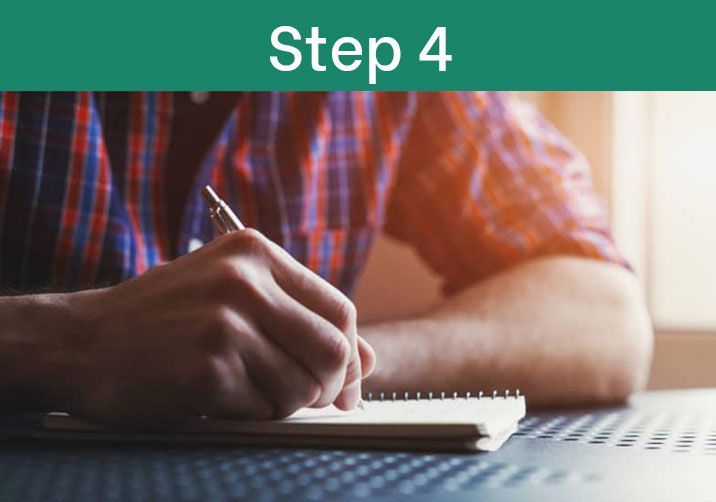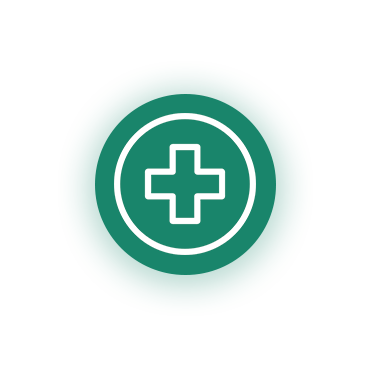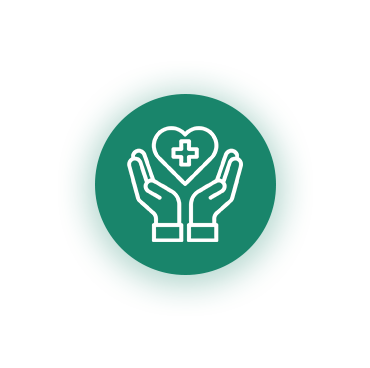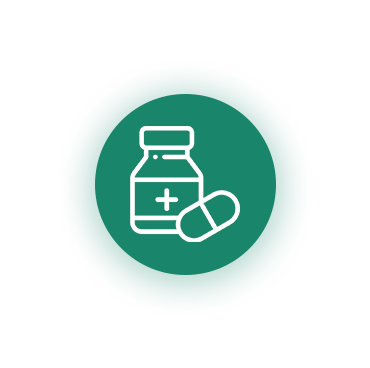What to Bring and Leave Behind.
If you're considering attending addiction treatment, congratulations! Opting for rehab is a major decision and a commendable choice. You are embarking on a journey toward lasting wellness.
To maximize your rehab experience, it's crucial to understand what to anticipate during your stay, including what items to bring and what to leave behind.
What Should You Pack?
Every rehabilitation center has its own specific guidelines regarding permitted and forbidden items. As you get ready for rehab, be sure to reach out to the admissions team for a comprehensive packing list. Below is a list of items you should generally consider bringing.
1. Appropriate Clothing and Accessories
Every drug rehabilitation center will have guidelines for attire during your stay. They will likely provide you with a list of necessary clothing items. Generally, you should bring:
- A week’s worth of outfits that you can layer depending on the weather
- Clothing free from drug-related references or offensive language
- Comfortable sleepwear
- Non-revealing workout clothing (some centers may not allow leggings or cropped shirts)
- One-piece swimsuits for ladies, knee-length board shorts for men
- Sneakers for outdoor activities
- Shower shoes or flip flops
- Jewelry that you wear every day, such as a wedding ring or watch
- Sweater or jacket for indoors
Avoid bringing expensive items like clothing, shoes, or jewelry to rehab to prevent loss during treatment.
2. Unopened Toiletry and Hygiene Products
Bring the basic toiletries and hygiene products that you use daily, such as:
- Unopened toothpaste
- Unopened alcohol-free mouthwash
- Basic, unopened makeup essentials, if desired
- Unopened feminine products
- Unopened shampoo and conditioner
- Unopened face wash and moisturizer
- Unopened sunscreen
- Unopened lotion
- Unopened lip balm
- Razors and clippers are allowed
While packing be sure to double-check each label for alcohol. If alcohol is one of the main ingredients in the product, leave it at home.
3. Important Documents
Be sure to pack your important documents, forms of identification and other essentials, including:
- A form of identification, like a driver’s license or state-issued ID
- Health insurance card
- A prescription card or pharmacy card
- A small amount of cash
You can bring your wallet to treatment, but typically you won’t need a credit or debit card while in rehab.
4. Prescription Medications
If you regularly take medications, be sure to pack your:
- Prescription medications, in their original packaging
- Liquid medication, if applicable, in it’s new and unopened packaging
- Sealed vitamins, if applicable
- A list of prescribed medications and dosages for each, which will help inform your medical team
- You might not have access to your medication after you check in to rehab, but it will help the doctors understand your medical needs better.
Some medications and supplements may not be allowed at the rehab facility, so always ask before packing items like:
- Medications containing alcohol
- Narcotic medications
- Over-the-counter medications
- Nutritional supplements
5. Miscellaneous Items
While you focus on learning about recovery and participating in rehab activities, there will also be downtime. Feel free to pack:
- A sketchbook
- A journal or notebook
- A book or devotional (ask which types of books are acceptable to bring)
Continuum of Care
Our Continuum of Care Process
Treatment Programs
Recovery Programs in Indiana
Discover the ways how we can empower you on your journey to sobriety. Our comprehensive programs, compassionate staff, and evidence-based treatments are tailored to meet your unique needs and support your long-term recovery goals.
